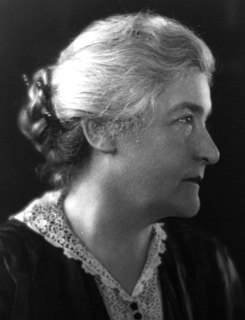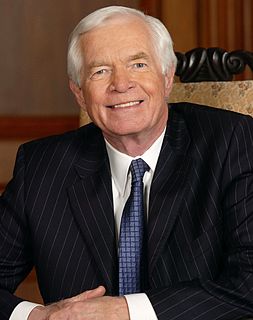A Quote by Henry Giroux
As the humanities and liberal arts are downsized, privatized, and commodified, higher education finds itself caught in the paradox of claiming to invest in the future of young people while offering them few intellectual, civic, and moral supports.
Related Quotes
Education as a democratic project always presupposes a vision of the future in its introduction to, preparation for, and legitimation of particular forms of social life. It is utopian in its goal of expanding and deepening the ideological and material conditions that make a democracy possible. As a moral and political practice, education produces the modes of literacy, critique, sense of social responsibility, and civic courage necessary to imbue young people with the knowledge and skills needed to enable them to be engaged critical citizens willing to fight for a sustainable and just society.
Few places in American culture have made as effective a case for entrepreneurship than hip-hop. Hip-hop tells young people that our society is offering very limited options for youth. And that while society points to a radical decline in living wage jobs for youth and meaningful and affordable education, hip-hop is offering an alternative legitimate economy that is giving youth hope.
Women while in college ought to have the broadest possible education. This college education should be the same as men's, not only because there is but one best education, but because men's and women's effectiveness and happiness and the welfare of the generation to come after them will be vastly increased if their college education has given them the same intellectual training and the same scholarly and moral ideals.
We are lucky in the United States to have our liberal arts system. In most countries, if you go to university, you have to decide for all English literature or no literature, all philosophy or no philosophy. But we have a system that is one part general education and one part specialization. If your parents say you've got to major in computer science, you can do that. But you can also take general education courses in the humanities, and usually you have to.
Throughout history, the arts and humanities have helped men and women around the globe grapple with the most challenging questions and come to know the most basic truths. In our increasingly interconnected world, the arts play an important role in both shaping the character that defines us and reminding us of our shared humanity. This month, we celebrate our Nation's arts and humanities, and we recommit to ensuring all Americans can access and experience them.
One of the things that is nice about these old pastors - they were young at the time - who went into the Middle West is that they were real humanists. They were often linguists, for example, and the schools that they established were then, as they are now, real liberal arts colleges where people studied the humanities in a very broad sense. I think that should be reflected in his mind; appropriately, it is.


































